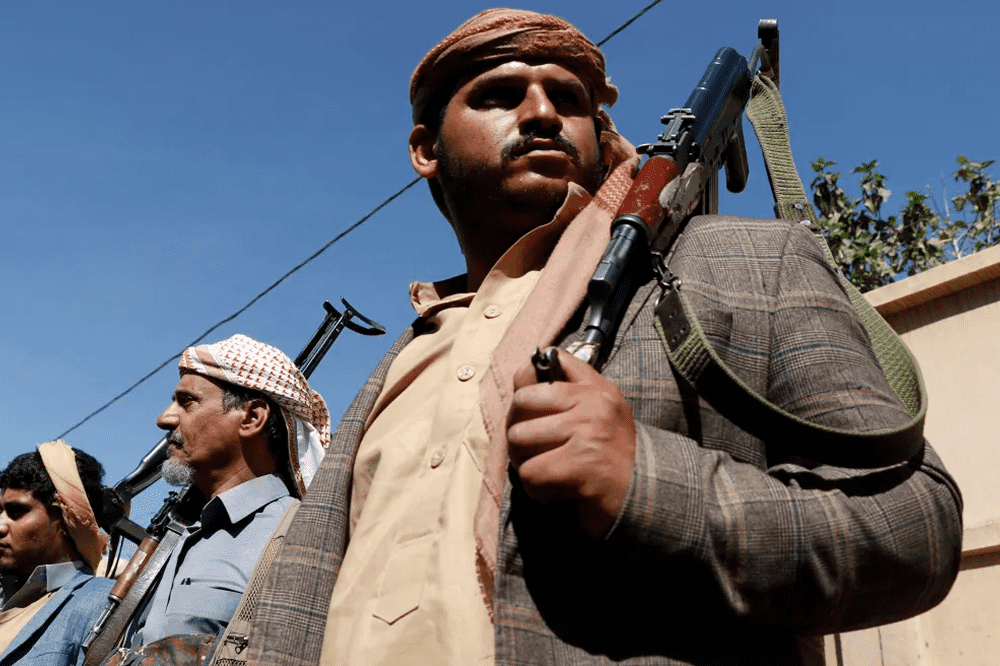Cargo Vessel Baltic Wind Runs Aground in Isefjord, No Pollution Reported
The cargo vessel Baltic Wind ran aground in Denmark’s Isefjord after leaving the navigation channel. No injuries or pollution were reported, and salvage planning is underway.

The Houthis’ newly announced “Safe Transit” service for vessels in the Red Sea is placing global shipping companies in a precarious position—caught between safeguarding crews and cargo, and the risk of legitimizing a designated terrorist organization’s authority over one of the world’s busiest maritime corridors.
The group, which has claimed responsibility for dozens of attacks on commercial vessels since late 2023, now offers a formalized process for ships to avoid targeting. Vessels must submit ownership and cargo details in advance, and if deemed “neutral,” they may receive a transit guarantee. But the offer comes with a heavy political price: recognition of the Houthis as a gatekeeper of international waters.
The Houthis’ control over ports such as Hodeidah, Salif, and Ras Isa has long been a strategic concern. Their latest move—framing attacks as “defensive” and offering safe passage to vessels that meet their criteria—marks a shift from guerrilla tactics to quasi-administrative authority. The group’s FAQ document outlines that ships with links to Israel or the U.S. remain targets, while others may be spared if they comply.
For shipowners, this creates a stark dilemma. Compliance may reduce operational risk, but it also risks setting a precedent that undermines international maritime law. “This is not a security protocol—it’s a political ultimatum,” said one maritime law expert. “Accepting it means acknowledging a non-state actor’s right to regulate international shipping lanes.”
Major carriers including Maersk, Hapag-Lloyd, and CMA CGM continue to reroute vessels around the Cape of Good Hope, adding weeks to transit times and millions in additional costs. Over 100 vessels have diverted from the Suez route since the attacks began, and war risk premiums remain high.
Insurers and P&I clubs have yet to endorse the Houthis’ protocol, and no major international body has recognized the group’s maritime authority. The International Chamber of Shipping and IMO have remained cautious, leaving shipowners to make individual risk assessments.
The lack of unified response underscores the complexity of the situation. Engaging with the Houthis may offer short-term safety, but it risks eroding the principle of freedom of navigation and emboldening other militant groups to assert similar control elsewhere.
The Red Sea remains a vital artery for global trade, and the Houthis’ attempt to institutionalize their role in it is a direct challenge to the norms that govern international shipping. The industry now faces a defining moment: whether to engage with a terrorist group for operational continuity, or to reject the protocol and absorb the risks—both financial and human.
As the situation evolves, the shipping community must confront a difficult truth: the cost of safety may be measured not just in dollars, but in the integrity of the maritime order itself.